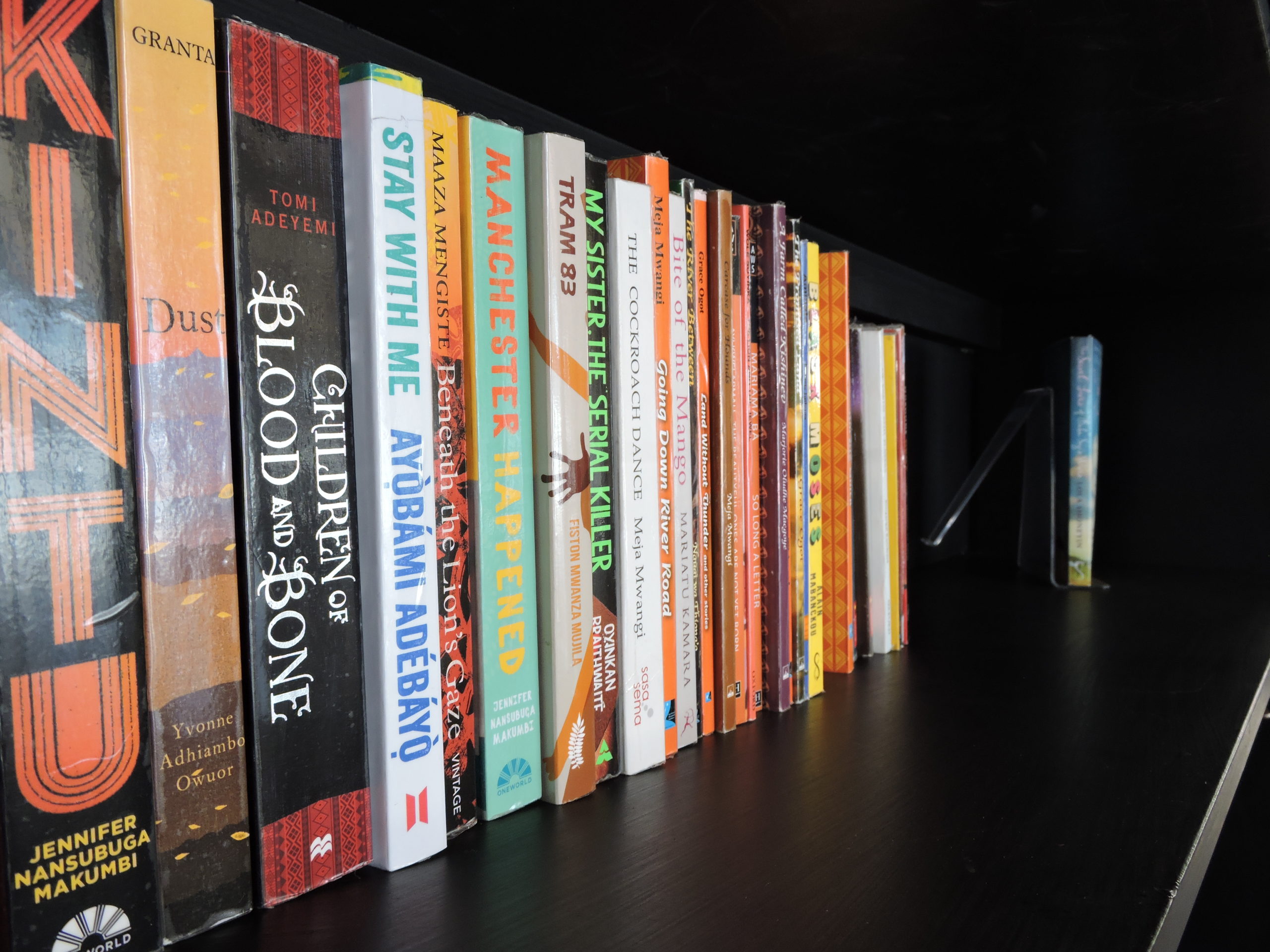We will be closed on Monday 31st March 2025 for Eid ul Fitr
Regular business hours resume on Tuesday 1st April 2025
Regular business hours resume on Tuesday 1st April 2025
The book is a memoir and humorous autobiography recounting Trevor Noah’s childhood, life and upbringing in South Africa. It is a series of stories from a south African childhood that gives insights into South Africa’s culture, history and systems. Noah was “born a crime”, given to a Xhosa mother and a Swiss-German father, making his existence illegal because the regime at the time, outlawed relationships between different groups. Apartheid, a system of discrimination / racial segregation, divided the people into; blacks, whites, mixed and colored. Growing up, Noah could not walk openly with both his parents and was often confined to staying indoors at his grand-mother’s two room house.
Patricia Nombuyiselo Noah, a strong woman with a rebellious spirit and stubborn determination, did not heed to racist laws that prohibited interaction and sexual activity between whites and blacks. She was courageous; took to working on jobs designated for whites, renting a house and living in areas where blacks were forbidden to dwell and raising her son with tough love and strict discipline. She valued education and ensured to go through school and training despite her upbringings in poverty. Patricia, besides ensuring her son receives quality education, she also encouraged Trevor to read and think independently. “If my mother had one goal, it was to free my mind,” Noah writes.
Throughout the book Noah portrays his relationship with the mother as fun and loving, unlike conventional parent-child relationships. “I understood even from an early age that we weren’t just mother and son. We were a team.” Noah recounting experiences of his childhood and escapades with his mother. Traditionally, names chosen for children had meanings, however, Patricia named her son Trevor, with no meaning whatsoever nor precedent in the family. “It’s not even a biblical name,” he writes. “It’s just a name. My mother wanted her child beholden to no fate. She wanted me to be free to go anywhere, do anything, be anyone.” She was also determined to free her son from what she called “black tax”, trying to fix problems of the past generations.
Noah’s challenges as a mixed-race child in South Africa felt disenfranchised. He grew up with an identity crisis; not being light enough to be classified as white and not dark enough to be labelled as black and fully accepted into either culture. Trevor spoke multiple languages, a skill that enabled him interact with different groups especially at school. “Language, even more than color, defines who you are to people.” Noah writes. Trevor managed to use language to camouflage his differences.
“The fact that I grew up in a world run by women was no accident,” Noah writes. “Apartheid kept me away from my father because he was white, but for almost all the kids I knew in my grandmother’s neighborhood in Soweto, apartheid had taken away their fathers as well, just for different reasons. Their fathers were off working in a mine somewhere, able to come home only during the holidays. Their fathers had been sent to prison. Their fathers were in exile, fighting for the cause. Women held the community together.”
Noah was a mischievous child; he was arrested for shoplifting, driving an unregistered vehicle which he had stollen from his step-father’s workshop. He was troublesome at school, messing with projectors, being suspended for carrying a knife to school and feasting on holy bread and wine. We also read a story of Noah taking a shit and hiding it in the bin leading to the family convening a prayer gathering to curse our demons in fear that someone has bewitched them, Noah being part of the gathering and even offering the prayer. He even took to selling bootleg CDs in high school to earn money. Noah against poverty, racism, violence, bullying and limited opportunities was determined to make something of himself.
The book is an essential read not only because it is a personal story of survival, leavened with insight and wit, but because it does more to expose apartheid – its legacy and small-mindedness.
